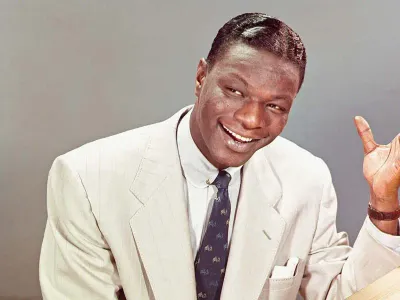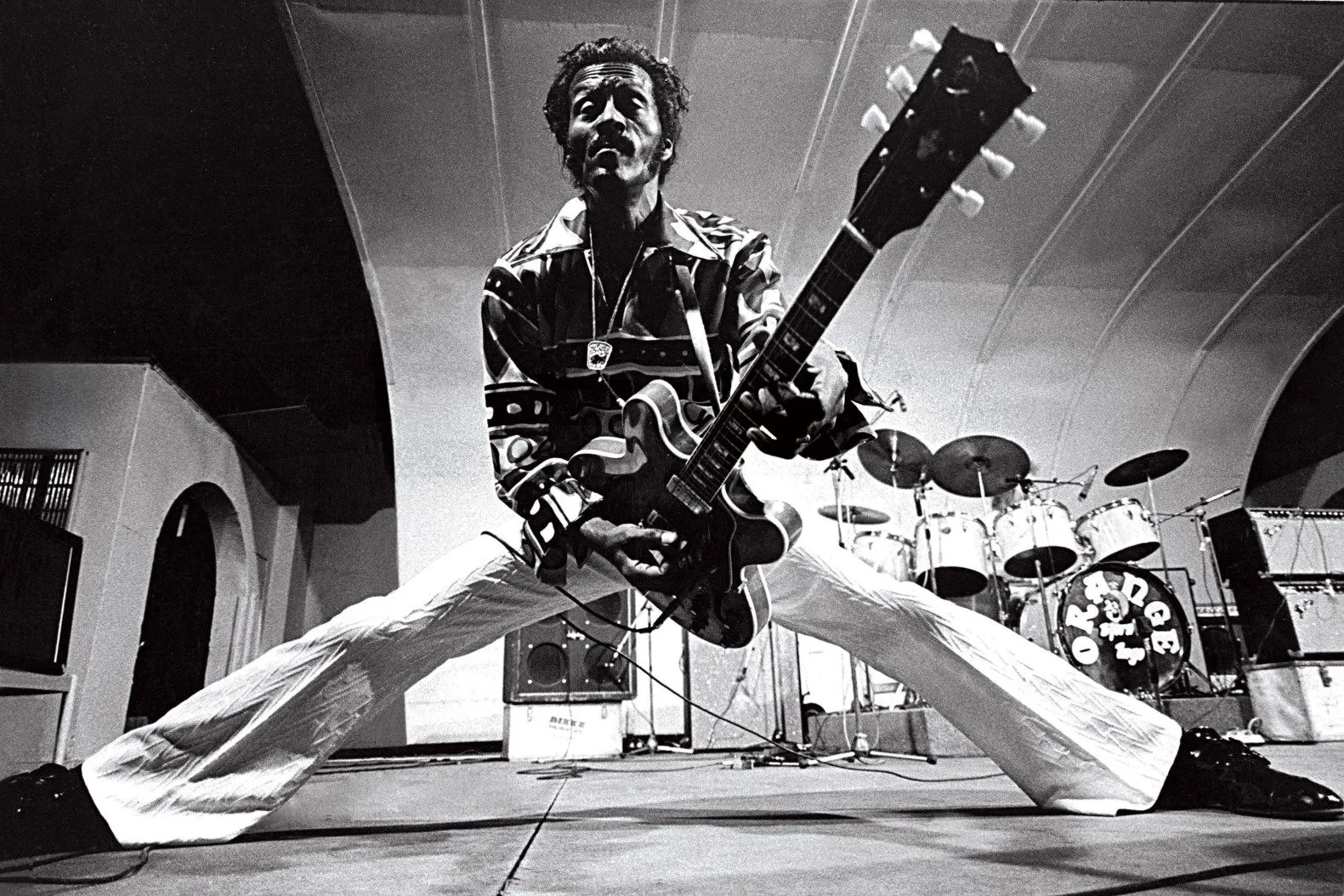Nat King Cole: Life and work as a musician and singer
Even decades after his death, the discussion is still ongoing as to which aspect of his work has earned Nat King Cole a more important place in music history. Is it his talent as a jazz pianist, or is it rather his charm as an entertainer who was permanently resident in the upper echelons of the charts? Whatever the case, his unbroken popularity, as evidenced by countless best-of compilations and rarity releases, shows that he remains a force in the business.
Early Life
Nathaniel Adams Coles was born into poverty on March 17, 1919 (according to other sources 1917) in Montgomery, Alabama. His father initially worked as a butcher, but took up a calling as a preacher when the family moved to Chicago four years later.
As a child, Cole learned to play his mother's piano and, like his brother Eddie (double bass), was enthusiastic about music. Together they founded the Eddie Cole's Swingsters, toured the Chicago area and signed a recording contract with Decca. The combo also included dancer Nadine Robinson, who married Nat Cole in 1937.
In the same year, the brothers go their separate ways, without their studio recordings ever seeing the light of day. Nat Cole tried his hand as a solo pianist in Los Angeles before performing with bass and guitar accompaniment as a regular guest at the Swanee Inn between 1937 and 1940. The band derived the name King Cole Trio from the first line of a popular children's song (“Old King Cole was a merry old soul”).
Starting a career
With a new contract from Decca, they released their first single “That Ain't Right” in 1941, which climbed to the top of Billboard's Harlem Hit Parade. It was the first of many successes throughout the 40s: the following singles “All for You” (1942), “Straighten Up and Fly Right”, “Gee Baby, Ain't I Good to You” (both 1944) made the trio famous nationally, while “(I Love You) For Sentimental Reasons” (1946) and “Nature Boy” (1948) even made it to the top of the charts. “The Christmas Song (Merry Christmas to You)” (1946) only reached third place, but in the decades that followed it became a Christmas classic.
This success was no fluke. From the middle of the decade, jazz took new directions such as bebop and, like swing, lost the favor of the general public. The new trend was pop, and Nat King Cole jumped on board with conviction. This decision cost him many fans, but also opened up an audience of millions.
Conquering the Charts
When he reached the top of the singles charts for the third time in 1950 with “Mona Lisa”, the band name had changed to Nat 'King' Cole & the Trio. Soon the last part was dropped, and in the following years the accompaniment changed between a minimal line-up and a full orchestra, depending on the occasion and the show. Cole only occasionally hit the piano and preferred the position behind the microphone.
In the 50s, he is one of the most popular names alongside Frank Sinatra, Perry Como and Dean Martin. His disadvantage compared to them: he is black. He is committed to fighting the omnipresent racism, suing hotels that do not want to accommodate him or moving to a neighborhood in Los Angeles that until then had only been inhabited by white people. At the same time, he tries to smooth things over, which earns him enemies on all sides. He is physically attacked in Alabama during a performance.
Cole's unique features
With his soft voice and flattering appeal, he played his way into the hearts of a worldwide audience. His tireless touring took him not only across the U.S., to Las Vegas and on television, but also to Europe, Asia and Latin America. His forays into the film industry were less successful. His most important role came in 1957 as W.C. Handy in the biographical film “St. Louis Blues”.
With the rise of rock 'n' roll in the second half of the 50s, Cole turned increasingly to jazz again. The album “After Midnight” was released in 1957, but it only had modest commercial success. In 1956, King was the first African American to receive his own television show, which, after initial success, was discontinued in December 1957. The official reason given was that not enough program sponsors could be found. King explained the failure with racism in the business world, where no black artists were supported.
Going to the Broadway
In 1960, he put together a Broadway show that never made it to the stage. In 1962, however, he had one of the biggest successes of his career with the country-esque “Ramblin' Rose”. This came to an abrupt end three years later: diagnosed with lung cancer in December 1964, Cole died on February 15, 1965 at the age of 45.
His legacy is so great that he was able to achieve commercial success in the decades that followed. The biggest posthumous coup was “Unforgettable”, a duet with his daughter Natalie, who was born out of his second marriage to singer Marie Ellington. A minor hit in 1952, the song, with the added female vocals, not only established itself in the charts, but also won a Grammy in 1992 for “Best Record Of The Year”.



